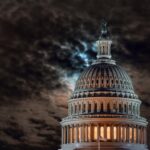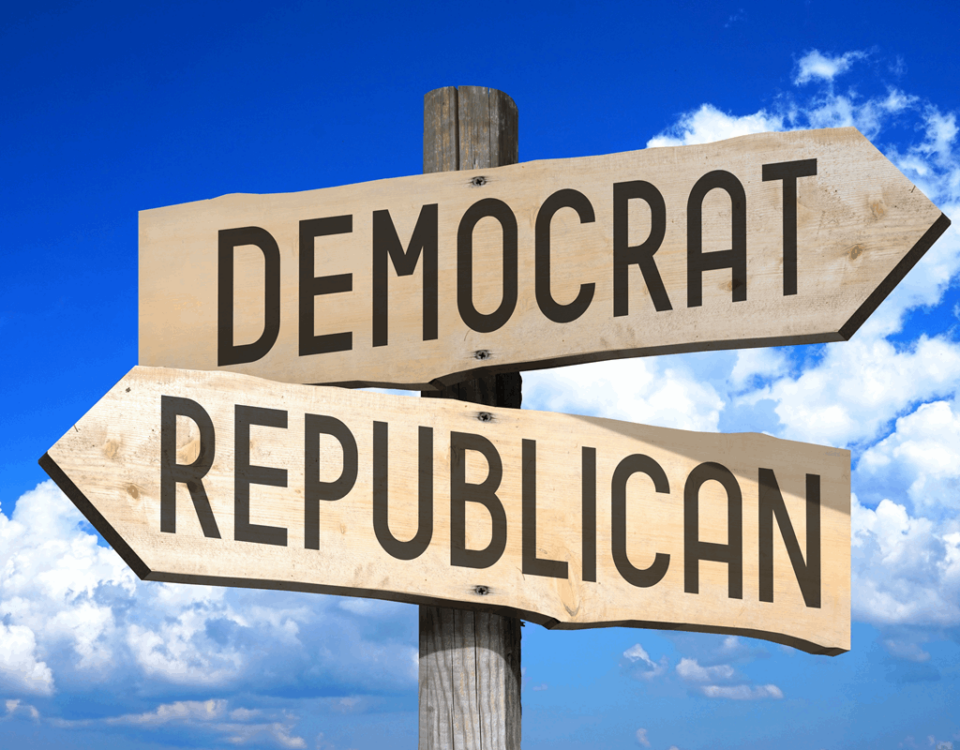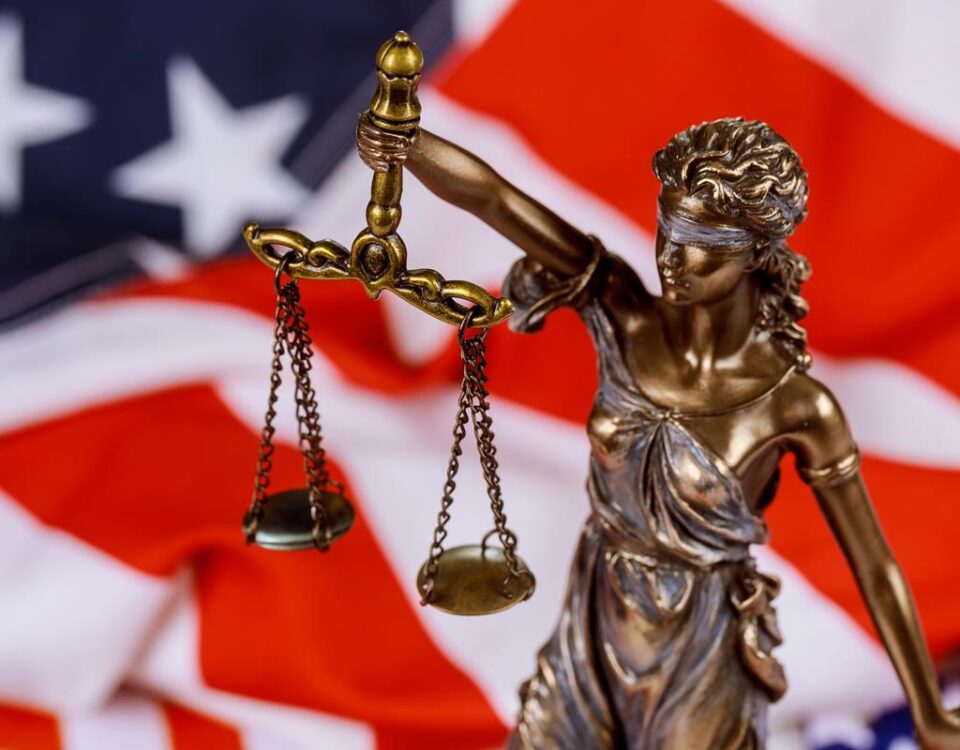
Puerto Ricans Are Already Democrats
October 28, 2024
Republican Response To D.C. and Puerto Rico Statehood
October 29, 2024Pennsylvania’s Shady Election History
The history of electoral fraud in Pennsylvania is marked by a series of allegations, legal disputes, and legislative changes that span over a century, with a particularly intense focus on recent events during the 2020 presidential election. Pennsylvania, a swing state with a significant number of electoral votes, has frequently been at the center of scrutiny when it comes to election integrity, with the 2020 election amplifying this attention like never before.
Pennsylvania’s history of election fraud allegations dates back to the 19th and early 20th centuries. Major cities like Philadelphia became infamous for political machines that engaged in voter manipulation, ballot stuffing, and other corrupt practices. The early 1900s saw a series of corruption scandals involving bribery and voter intimidation, often revolving around local political bosses. These machines wielded considerable power and undermined the democratic process to maintain political dominance.
Efforts to curb fraud led to several legislative measures, but challenges remained. In the mid-20th century, Pennsylvania enacted reforms such as voter registration laws and stricter identification requirements in an attempt to curb illegal voting practices. However, allegations of fraud, especially in urban areas, remained a consistent theme.
In recent decades, Pennsylvania has seen sporadic claims of voter fraud and electoral misconduct. These allegations have ranged from issues involving absentee ballots to accusations of improper voter registration practices. In the 2000s and 2010s, election reform debates focused on tightening identification requirements and addressing concerns over mail-in ballots. For example, a voter ID law was passed in 2012 but was struck down in 2014, with critics arguing that it could suppress voter turnout.
The 2020 presidential election brought Pennsylvania’s electoral process into the national spotlight. Due to the COVID-19 pandemic, Pennsylvania saw an unprecedented surge in mail-in voting. In 2019, the state passed Act 77, a bipartisan bill that allowed no-excuse mail-in voting for the first time. This was a major shift from Pennsylvania’s previous absentee voting system, which required a specific reason to vote by mail.
However, in the months leading up to the 2020 election, there were significant legal and procedural changes. The Pennsylvania Supreme Court ruled on multiple cases that affected how the election would be conducted. These changes included extending the deadline for mail-in ballots to be received by three days after Election Day, provided they were postmarked by November 3, 2020. This extension was seen by critics as an overreach, as the decision bypassed the state legislature, which traditionally sets election laws. Furthermore, the court allowed the use of ballot drop boxes and ruled that mail-in ballots lacking a clear postmark could still be counted if they arrived within the extension window.
Republicans and some election observers argued that these changes undermined the security of the election and opened the door to potential fraud. They pointed to issues like lax signature verification standards, the acceptance of late-arriving ballots, and alleged inconsistencies in how counties handled mail-in ballots. Supporters of the changes, however, argued that they were necessary accommodations to ensure voter safety during a pandemic and that they were within the state’s legal framework.
The Trump campaign and several Republican entities filed numerous lawsuits challenging these procedural adjustments, particularly focusing on how ballots were handled in Democratic strongholds like Philadelphia. One of the most significant cases involved the legality of counting mail-in ballots that lacked a date or signature on the outer envelope. Despite multiple legal challenges, many of these lawsuits were ultimately dismissed or ruled against by the leftist courts in that state, citing a lack of sufficient evidence of widespread fraud that could alter the election’s outcome.
The 2020 election controversy led to significant debates and reforms in Pennsylvania. In 2021, the Pennsylvania state legislature, which was controlled by Republicans, pushed for stricter election laws. They proposed bills that would impose stricter voter ID requirements, limit the use of drop boxes, and implement more rigorous signature verification for mail-in ballots. However, Pennsylvania’s Democratic Governor Tom Wolf vetoed some of these bills, leading to a continuing partisan divide over election integrity.
With Pennsylvania remaining a pivotal battleground state, the legacy of 2020’s controversies is likely to influence future elections and debates over election integrity for years to come. When it comes to elections the State of Pennsylvania has been questionable for over a hundred years and expect that it will not change in the 2024 election.
C. Rich
CRich@AmericaSpeaksInk.com

C. Rich is the voice behind America Speaks Ink, home to the America First Movement. As an author, poet, freelance ghostwriter, and blogger, C. Rich brings a “baked-in” perspective shaped by growing up on the streets and beaches of South Florida in the 1970s-1980s and brings a quintessential Generation-X point of view.
Rich’s writing journey began in 2008 with coverage of the Casey Anthony trial and has since evolved into a wide-ranging exploration of politics, culture, and the issues that define our times. Follow C. Rich’s writing odyssey here at America Speaks Ink and on Amazon with a multi-book series on Donald Trump called “Trump Era: The MAGA Files” and many other books and subjects C. Rich is known to cover.
“America Speaks Ink is a Google News approved source for Opinion”





